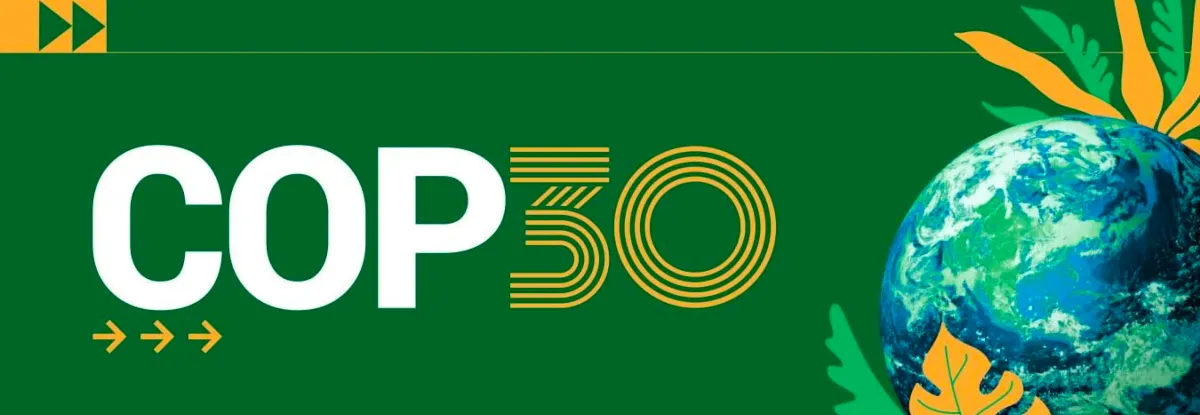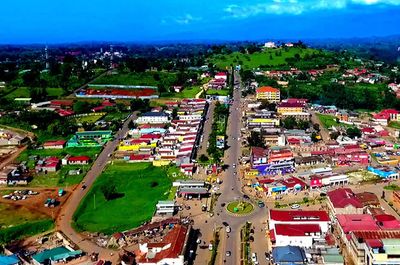
The 2025 United Nations Climate Change Conference (COP30) will take place in Belém, Brazil, running from Monday, 10 November to Friday, 21 November 2025.
Ahead of and during the conference, world leaders, negotiators, scientists and civil society groups are gathering to tackle escalating climate‑impacts that inflict heavy human and economic costs everywhere.
Key Messages from the UN
António Guterres, Secretary‑General of the United Nations, continued his push for a rapid global transition away from fossil fuels towards clean energy describing it as “the cheapest source of new electricity in nearly every country.”
He stressed that keeping the 1.5 °C target alive remains critical: “The 1.5°C limit is a red line for humanity. It must be kept within reach.”
More broadly he asserted:
“Every fraction of a degree means more hunger, displacement, and loss, especially for those least responsible. This is moral failure and deadly negligence.”
He warned that additional warming could drive ecosystems past irreversible tipping points, expose billions of people to unlivable conditions, and heighten threats to peace and security.
What COP30 Will Focus On
At COP30 in Belém, key agenda items include:
- Efforts to limit global warming in line with the 1.5 °C target.
- The presentation and review of updated Nationally Determined Contributions (NDCs), national action plans under the Paris Agreement.
- Progress on climate finance commitments, including support for adaptation and resilience in developing countries.
- Strengthening solutions across sectors including energy, industry, transport, alongside adaptation, biodiversity, forest protection, climate justice and the social impacts of climate change.
- Addressing diplomatic headwinds: global conflicts, trade disputes and divergent visions of the future energy system complicate multilateral climate cooperation.
According to the United Nations Environment Programme (UNEP) Emissions Gap Report 2025, current commitments even if fully implemented place the world on a warming path of around 2.3–2.5 °C by the end of the century. Guterres noted that while the 1.5 °C limit remains “our North Star,” it is increasingly likely to be temporarily exceeded, making it imperative to minimise any overshoot.
Developing countries will be under particular pressure at COP30 to explain how they will scale up adaptation, build early‑warning systems and reduce vulnerability to climate impacts. Access to finance for adaptation remains a major gap. The host city and country face logistical and accommodation challenges ahead of the event, signalling how substantial the organisational task is.













Sunrise reporter
Leave a Comment
Your email address will not be published.